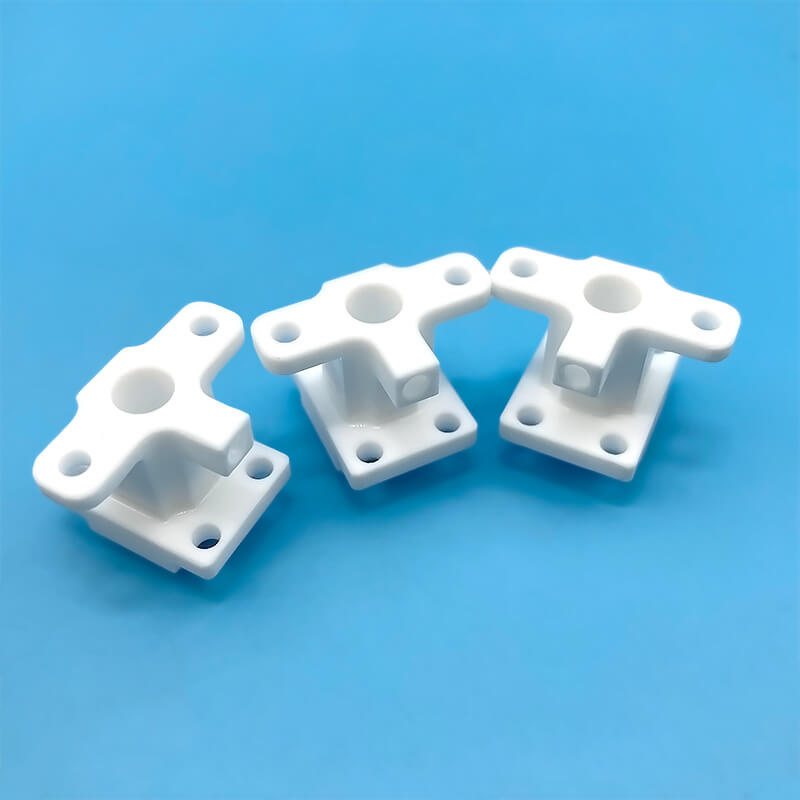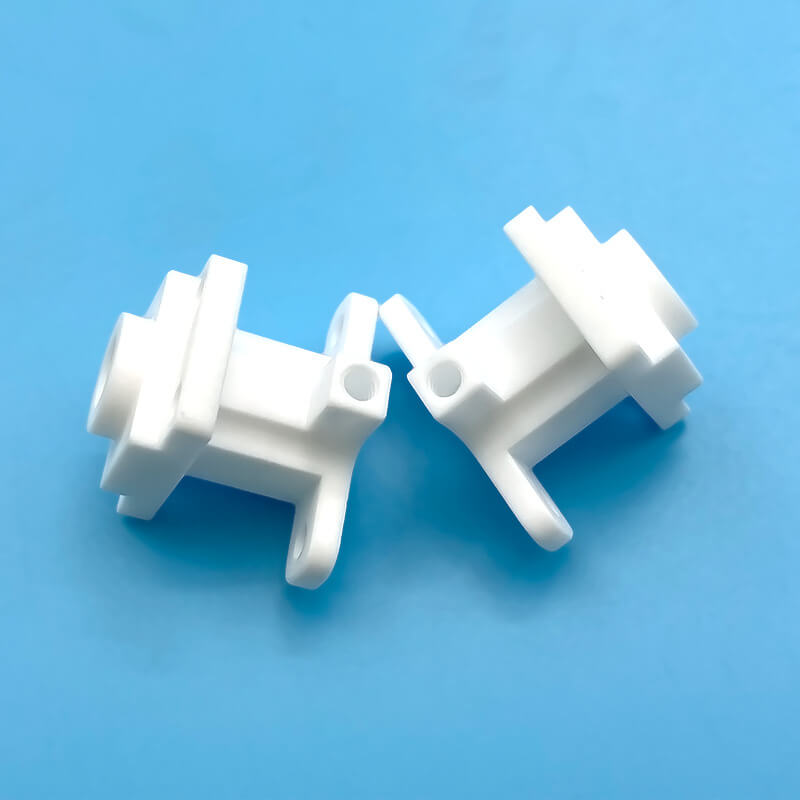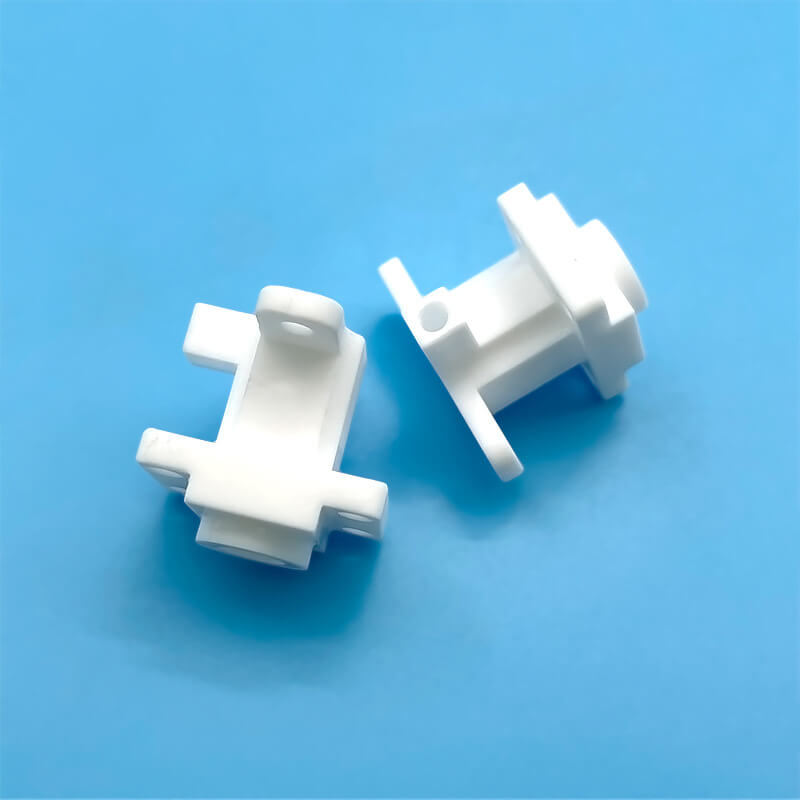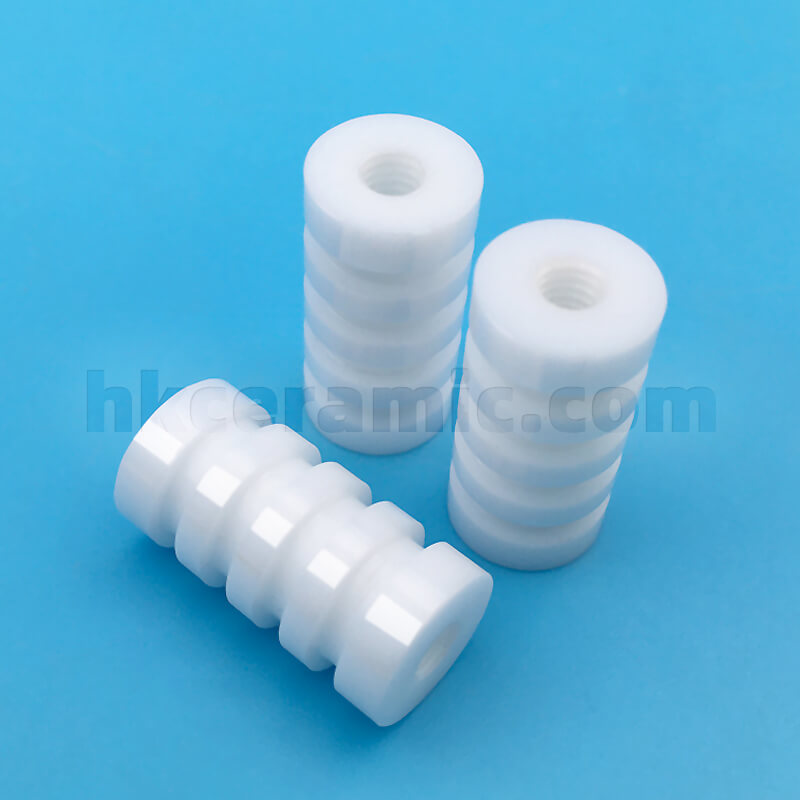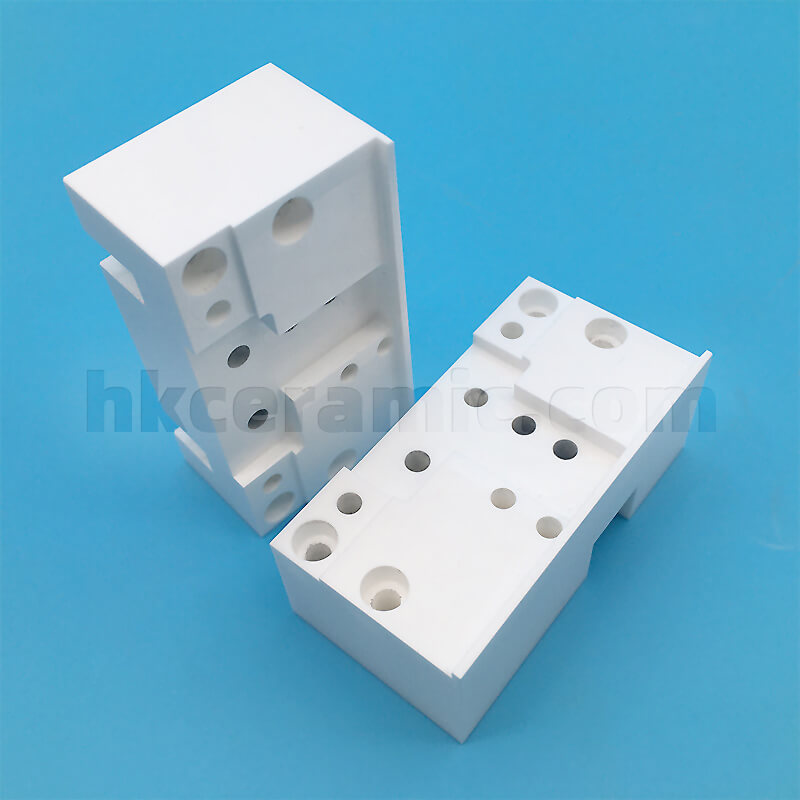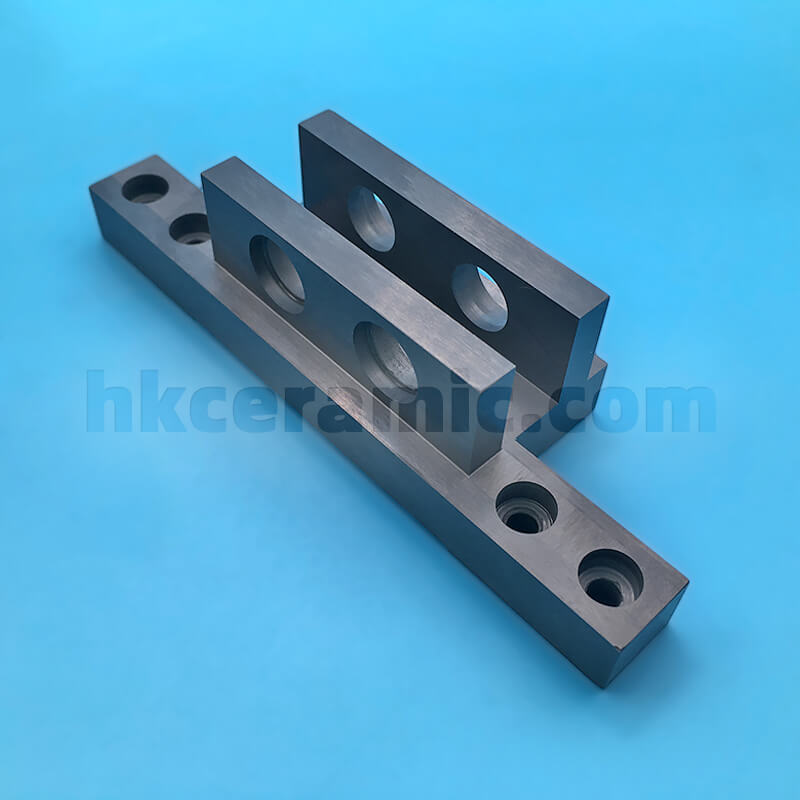Macor Ceramic Structural Components
E-mail:sales01@hkceramic.com
Machinable ceramic structural components (also known as Macor ceramic fittings) are unique engineering materials specifically designed to meet the demands of industrial applications requiring high precision and complex shapes. Below are the design characteristics and primary application areas of these ceramic structural components:
Machinability
Macor Macor Ceramic can be drilled, milled, ground, and polished using conventional metalworking tools, eliminating the need for specialized ceramic processing equipment. This reduces the cost and time required to manufacture complex parts.
High-Temperature Stability
These components maintain mechanical stability and dimensional accuracy at temperatures up to 800°C, making them suitable for high-temperature applications.
Excellent Electrical Insulation
With extremely high electrical insulation strength (30 KV/mm) and volume resistivity (10^16 Ω·cm), Macor ceramics are ideal materials for electronic and high-voltage applications.
Thermal Management
Featuring a low thermal conductivity (1.71 W/(m·K)) and good thermal shock stability (△T 200℃), they are well-suited for environments requiring rapid temperature changes.
Chemical Stability
Non-porous and impermeable to water, these components maintain their performance in a variety of chemical environments.
Aerospace
Used in spacecraft thermal management systems for manufacturing insulators and brackets, as well as components that handle extreme temperatures.
Semiconductor Manufacturing
Employed as handling arms or support structures in semiconductor manufacturing equipment, where its low-dust characteristics are crucial for maintaining cleanroom environments.
Laboratory Equipment
In laboratory analysis and testing equipment, Macor ceramics are used to manufacture precision components due to their ability to be precisely machined into complex shapes.
Electrical Insulation Applications
Used in power and high-voltage equipment to create insulators that prevent arcing and current leakage.
Thermal Management Applications
Utilized in electronic devices as heat dissipation components, especially in temperature-sensitive or highly insulated equipment.
Macor machinable ceramic structural components demonstrate high application value in aerospace, semiconductor manufacturing, and electrical insulation fields due to their high-precision machining capability and superior thermal and electrical properties. These characteristics make them indispensable in modern high-tech industries, particularly in high-end applications with stringent material performance requirements. Their machinability further enhances their appeal in the design and manufacturing of complex industrial parts, providing an economical and efficient solution.
In the field of precision ceramic processing customization, our company is dedicated to producing various high-performance ceramic parts, including zirconia ceramics, silicon nitride, and aluminum nitride. These ceramic components possess excellent thermal stability, electrical insulation, high-temperature stability, and wear resistance, and are widely used in aerospace, electronics, machinery, military, and automotive industries. Our products offer superior performance and reliability, providing critical support and assurance to customers, helping them enhance production efficiency and optimize product performance.
Dongguan Haikun New Material Co., Ltd.
A global advanced precision ceramics (special ceramics) manufacturer, focusing on the development, design, production and sales of advanced precision ceramic products, covering zirconium oxide, aluminum oxide, silicon nitride and other materials, which are widely used in aviation, aerospace, military industry, medical and other fields
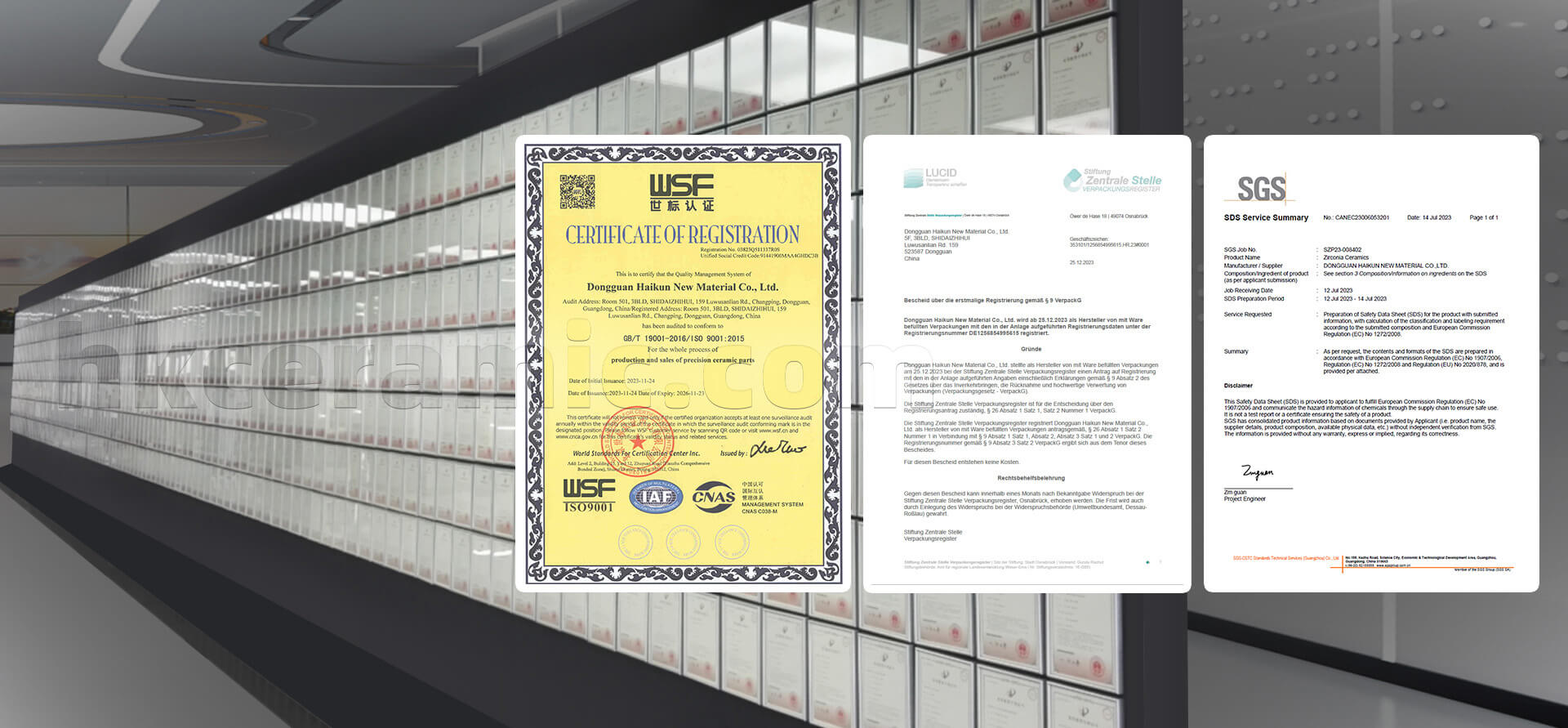

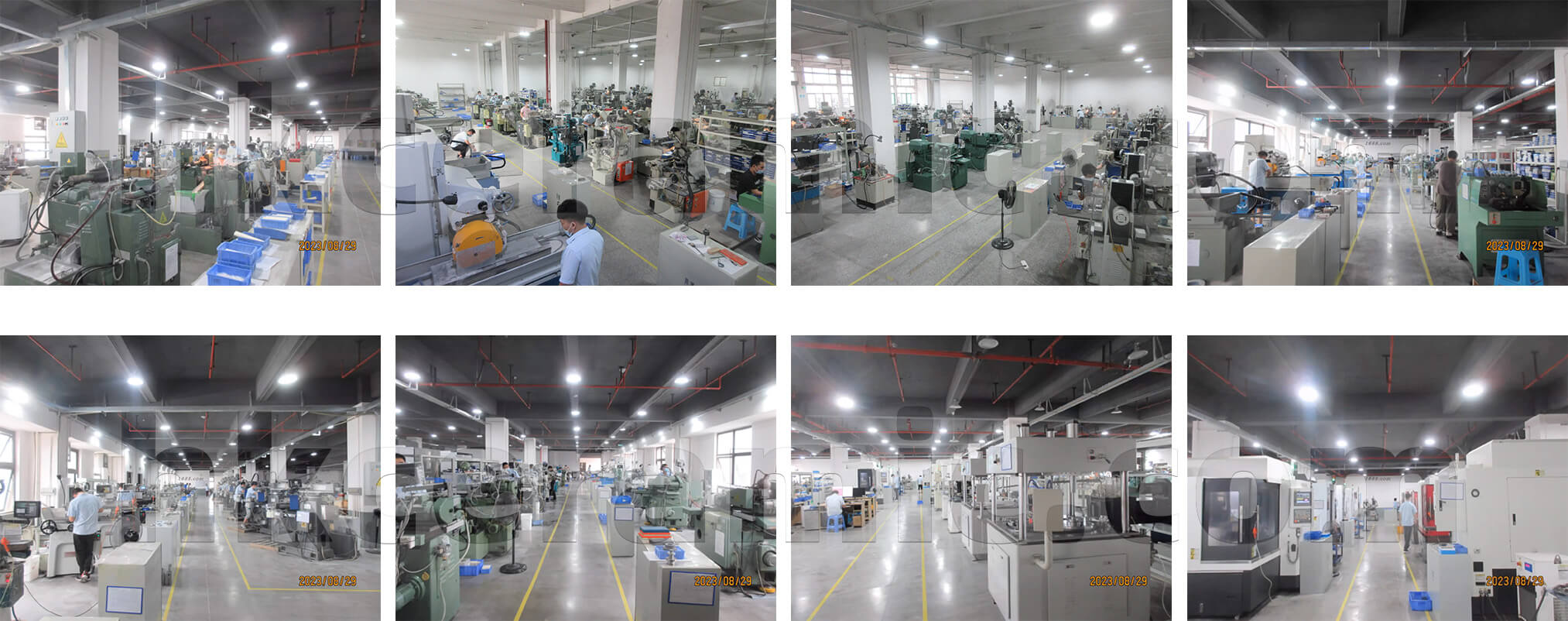
Comparison of ceramic material properties
Use our interactive ceramic material comparison chart to compare ceramic materials across different material properties.
Click the Property Button above to view the corresponding property comparison of precision ceramic materials
*The values in the table are typical material properties
Precision ceramic product customization process
Step 1
Contact us
Step 2
Technology Assessment
Step 3
Confirm the quotation
Step 4
Signing the contract
Step 5
Inspection and delivery
Step 6
Confirm Receipt

